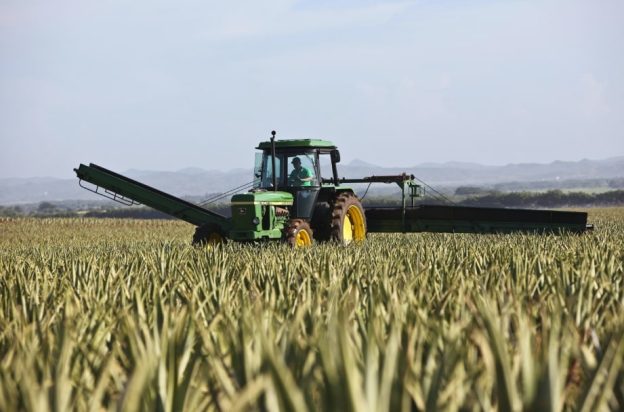New data from Defra reveals the performance of farms in the UK in 2022. There was an amazing finding that fertiliser use was down by 27% on the average from 2010-2019. However, crop yields had grown. They were an impressive 2.4% higher than during the same period.
The data shows that farmers managed to actually increase production without relying as heavily on fertilisers. Key crops that saw a rise in yields included wheat, sugar beet, barley, and rapeseed oil. Only potatoes had a tricky time, with an increase in use and a decrease in yield.
The situation
Last year was a challenging one for farmers. The biggest hurdle was the increase in fertiliser prices. They rose from £233 per tonne to a massive £766 per tonne. This was largely because of the war in Ukraine. The conflict meant big issues in natural gas supplies. The fuel is crucial for producing fertilisers, so production fell massively. In response, the price shop to record levels.
With prices so high and supplies lacking, farmers had no choice but to reduce how much they were using. Some had to switch to alternatives while others had to be more careful with how and where they were using fertilisers.
While the situation was difficult, there was one positive. The UK had some incredible weather, including record breaking highs. This abundance of sunlight was great for the crops. It was one of the main causes of the yield increase.
Efficiency
One thing the situation last year showed was farmers need to be more careful when it comes to fertiliser use. Inefficiencies here can see a large percentage of the products go to waste. In fact, as much as 40% may not even be taken up by the crops. This is wasteful and can result in massive pollution, particularly in water bodies.
Healthy crops and land
Surprisingly, there is also a view that reducing the use of nitrogen fertiliser can improve crop health. The element is essential for growth, but a high concentration could have a negative impact. It has been likened to giving the plants a massive hit of caffeine. While it can have a benefit for energy at first, there is a comedown later. With crops, this can leave them more open to disease.
Alternatives to fertilisers can also result in healthier land. For example, mixed farming strategies including livestock farming can be fantastic. The animals can cycle nutrients into the soil naturally, decreasing the need to add more.
Do you want to order fertiliser?
JS Hubbuck Ltd understands that farmers will always need fertilisers in one form or another. Using them efficiently is important though, whether it is to control costs or protect the environment. It is also crucial to think about the health of the soil.
If you do need fertiliser, you can speak to us about it. We have a long history delivering it across Northern England and Scotland.

